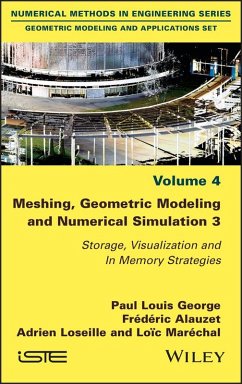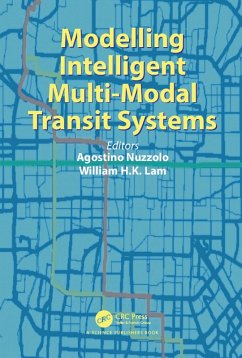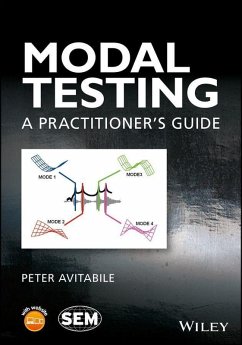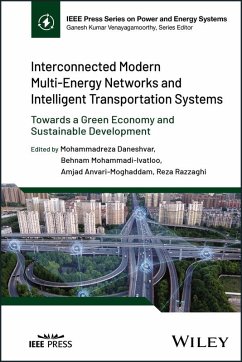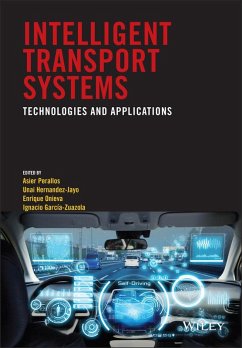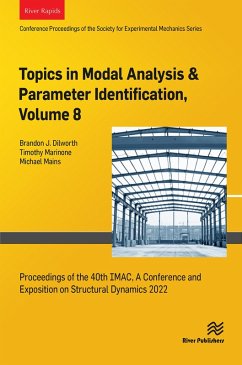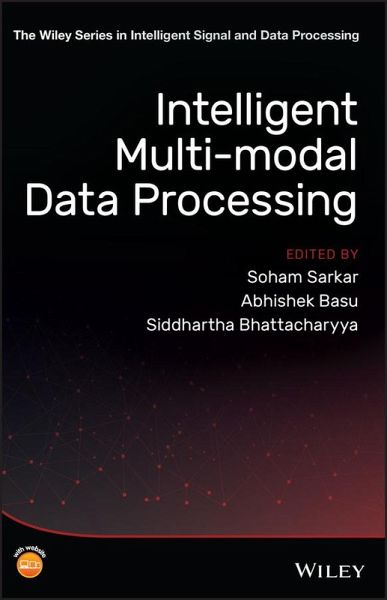
Intelligent Multi-Modal Data Processing (eBook, ePUB)
Versandkostenfrei!
Sofort per Download lieferbar
119,99 €
inkl. MwSt.
Weitere Ausgaben:

PAYBACK Punkte
0 °P sammeln!
A comprehensive review of the most recent applications of intelligent multi-modal data processing Intelligent Multi-Modal Data Processing contains a review of the most recent applications of data processing. The Editors and contributors noted experts on the topic offer a review of the new and challenging areas of multimedia data processing as well as state-of-the-art algorithms to solve the problems in an intelligent manner. The text provides a clear understanding of the real-life implementation of different statistical theories and explains how to implement various statistical theories. Intel...
A comprehensive review of the most recent applications of intelligent multi-modal data processing Intelligent Multi-Modal Data Processing contains a review of the most recent applications of data processing. The Editors and contributors noted experts on the topic offer a review of the new and challenging areas of multimedia data processing as well as state-of-the-art algorithms to solve the problems in an intelligent manner. The text provides a clear understanding of the real-life implementation of different statistical theories and explains how to implement various statistical theories. Intelligent Multi-Modal Data Processing is an authoritative guide for developing innovative research ideas for interdisciplinary research practices. Designed as a practical resource, the book contains tables to compare statistical analysis results of a novel technique to that of the state-of-the-art techniques and illustrations in the form of algorithms to establish a pre-processing and/or post-processing technique for model building. The book also contains images that show the efficiency of the algorithm on standard data set. This important book: * Includes an in-depth analysis of the state-of-the-art applications of signal and data processing * Contains contributions from noted experts in the field * Offers information on hybrid differential evolution for optimal multilevel image thresholding * Presents a fuzzy decision based multi-objective evolutionary method for video summarisation Written for students of technology and management, computer scientists and professionals in information technology, Intelligent Multi-Modal Data Processing brings together in one volume the range of multi-modal data processing.
Dieser Download kann aus rechtlichen Gründen nur mit Rechnungsadresse in A, B, BG, CY, CZ, D, DK, EW, E, FIN, F, GR, HR, H, IRL, I, LT, L, LR, M, NL, PL, P, R, S, SLO, SK ausgeliefert werden.






